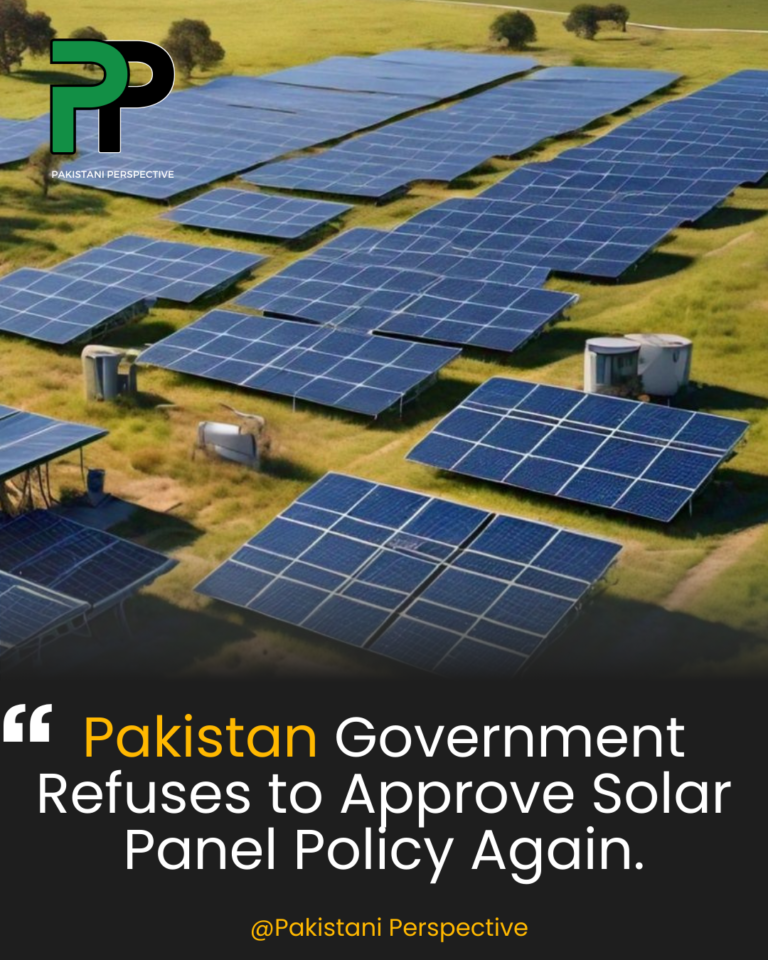
Delays in Approving the New Solar Panel Manufacturing Policy
The government has once again delayed approving a new solar panel manufacturing policy due to continuous debate over whether to promote solar energy or safeguard imported fuel-based power generating.
Impact on Sinotec Solar Corporation
According to Express Tribune, Sinotec Solar Corporation, a well-known US solar panel producer, has suffered as a result of this delay in its investment plans. The company intends to move its production from Thailand and establish an automated facility to produce premium solar panels for export.
CCP’s Approval and ECC’s Delay
Acquisition in Pakistan’s Solar Market Approved by CCP Last Monday, the Cabinet’s Economic Coordination Committee (ECC) postponed approving the 2024 solar panel production policy. The fact that this was the fourth postponement is noteworthy.
Financial Implications of Localization
The authorities’ orders to adopt the scheme to lessen dependency on imports are contradicted by the ECC’s delay. Once localization exceeds 50% of the total panel value, there might be a considerable annual savings of up to $900 million from the country’s import expenditure due to the increased production of solar panels domestically.
Increased import costs on completed solar panels are part of the Ministry of Industry’s planned policy, which aims to reduce dependency on imports. Other measures include exemptions from duties and taxes on machinery and input materials used in domestic manufacture.
Ten-Year Plan for Solar Panel Manufacturing
A ten-year plan with yearly goals for investment, manufacturing capacity, exports, and localization is suggested under the policy. Bank guarantees equal to tariff and tax exemptions must be provided by investors. The strategy sets targets for localizing solar panel parts and calls for enterprises to gradually raise their production and export percentages over time.
Ministry of Energy’s Counterproposal
In favor of duty-free panel imports for two years, the Ministry of Energy has suggested a ten-percent customs charge on PV modules over the following ten years and has refused to accept a twenty-percent localization in the first two years. The incentives are reliant on achieving localization and export goals, and if those goals are not met by more than 20 percent, there are clauses allowing for incentive recovery and withdrawal.
Uncertainty and Future Prospects
Although the government has set a target of adding 10,000 megawatts of solar electricity by 2031, there is still uncertainty regarding the new policy’s acceptance.
Conclusion
The repeated delays in approving the new solar panel manufacturing policy reflect the complexities and challenges of balancing the promotion of renewable energy with safeguarding the interests of imported fuel-based power generation. The financial and environmental benefits of advancing solar energy are clear, but achieving consensus and implementing an effective policy require careful consideration of various stakeholder interests and long-term strategic planning.
for more blogs click here